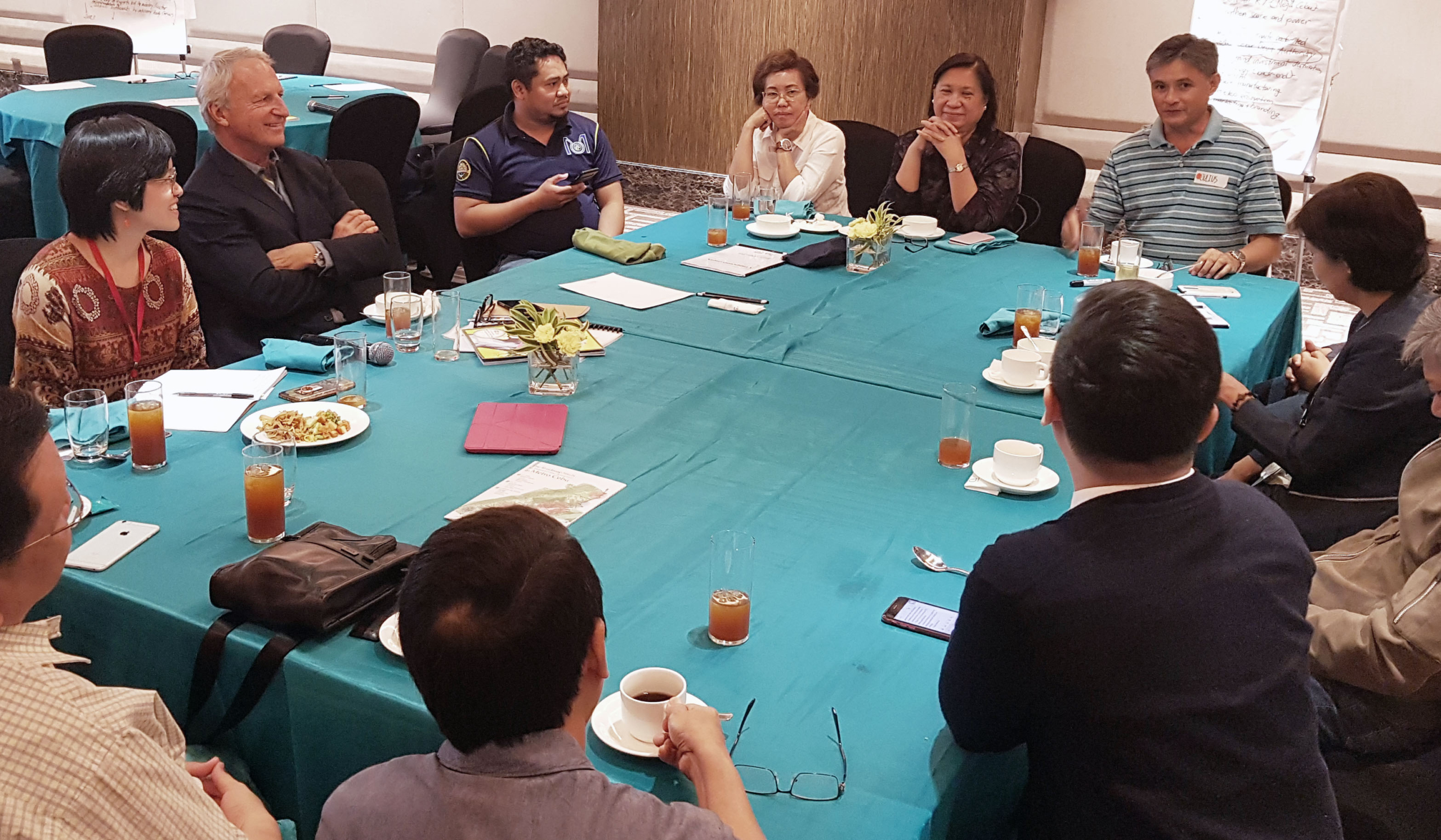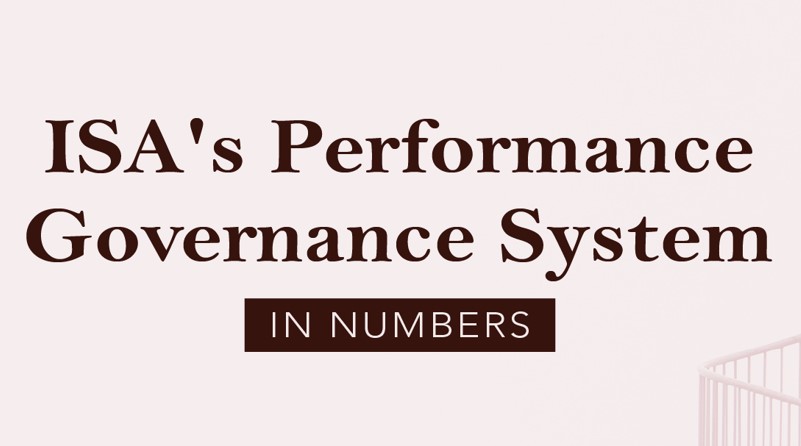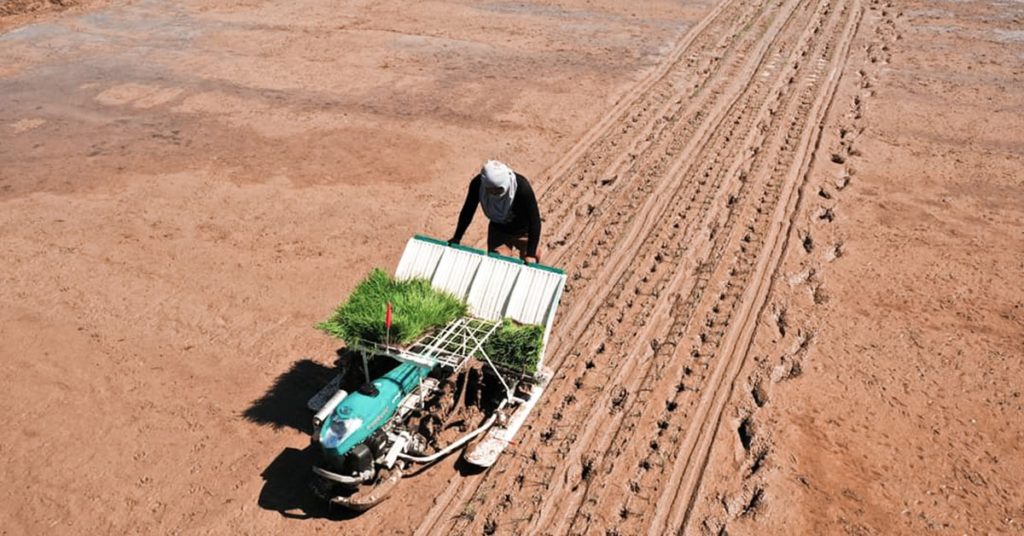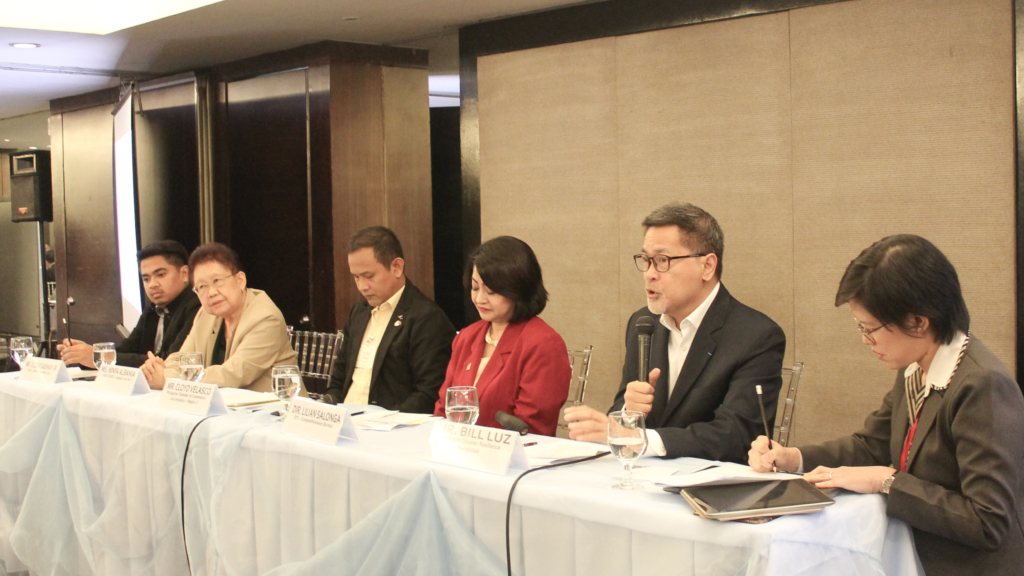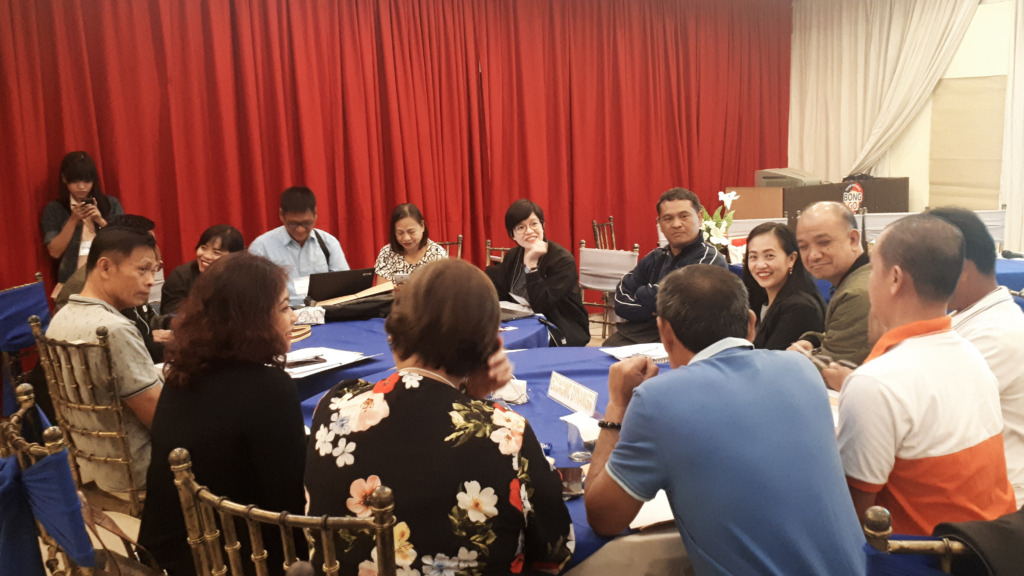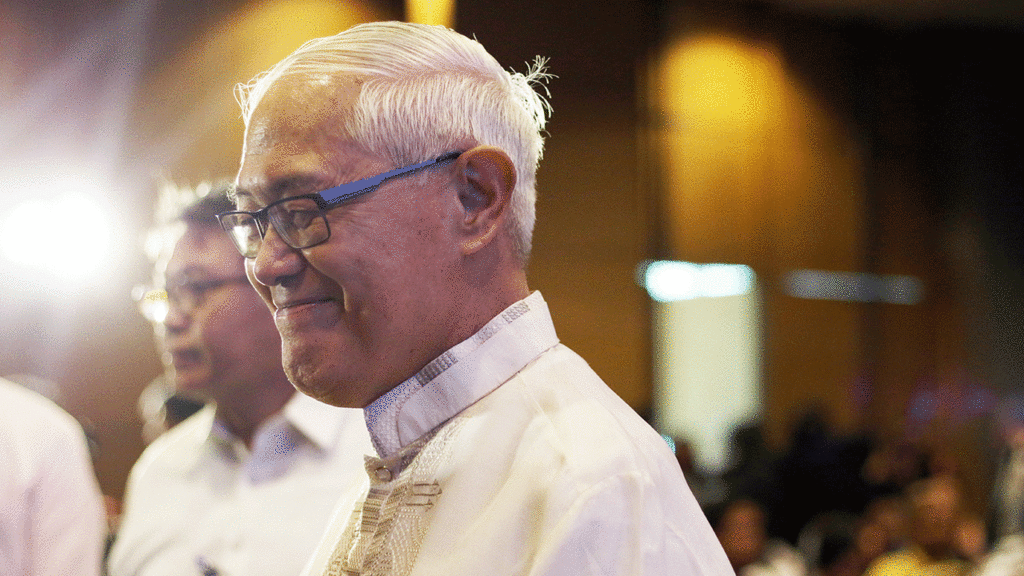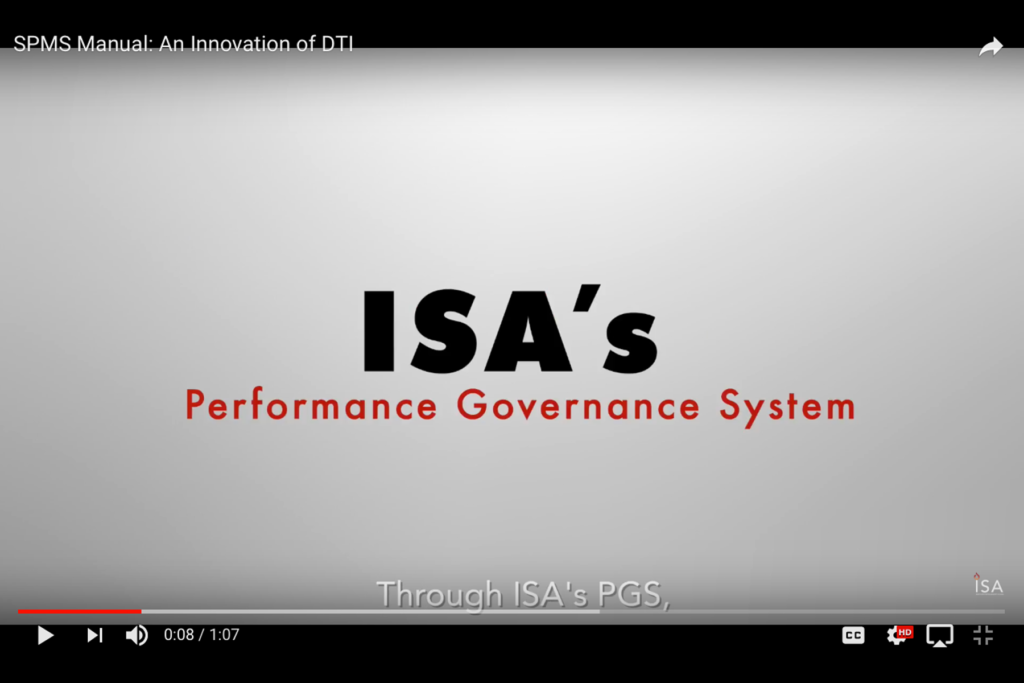On the 1st and 2nd of July 2019, a regional competitiveness consultation was held in Cebu as part of the “Policy Reform Advocacy for Competitiveness” project by the Center for International Private Enterprise (CIPE) in cooperation with the Institute for Solidarity in Asia (ISA) and the Department of Trade and Industry (DTI). The consultation centered around the goal of Region VII which was to become the preferred investment destination in Asia for technology-driven sector, niche manufacturing, and tourism by 2023. A Multi-Sector Governance Council (MSGC) meeting was also conducted to set concrete steps on how Region VII will move forward towards their goals.
The consultation began with a keynote address by global anti-corruption expert Dr. Robert Klitgaard from the California-based Claremont Graduate University. He focused on the role of civil society against corruption, citing several success stories from around the world such as Peru. He concluded by challenging the delegates to better Cebu’s economic dynamism by identifying their community’s weak points, strengthening the participation of civil society and the business sector, and penalizing the practitioners of corruption in their region.
The Founder and Chairman Emeritus of ISA Dr. Jesus P. Estanislao, followed the address with an overview of the project and what it means to further develop the competitiveness of our nation. The competitiveness of the Philippines has a direct effect on the ease of attractive financial resources and investments from foreign entities given the rising trend of globalization in the international setting. He pointed out that groups from the civil society as well as the business sector need to band together in order to fill the gaps that our government may have left to focus on and achieve higher levels of competitiveness for our economy.
Apart from the regional consultation in Cebu, CIPE also plans to continue their project in other provinces such as Pampanga and Cagayan de Oro, and regions across the country to manage a culture of policy reform initiative and advocacy. CIPE, ISA, and DTI hope that in five years’ time, the success of their efforts with this project can be directly seen in its contribution to policy reform on competitiveness, by the number of papers lobbied at regional and national levels and the scope of these policies. As this project is still in its early stages, there is much hope surrounding what it can do to affect the competitiveness of the provinces it has currently been imprinted in.

